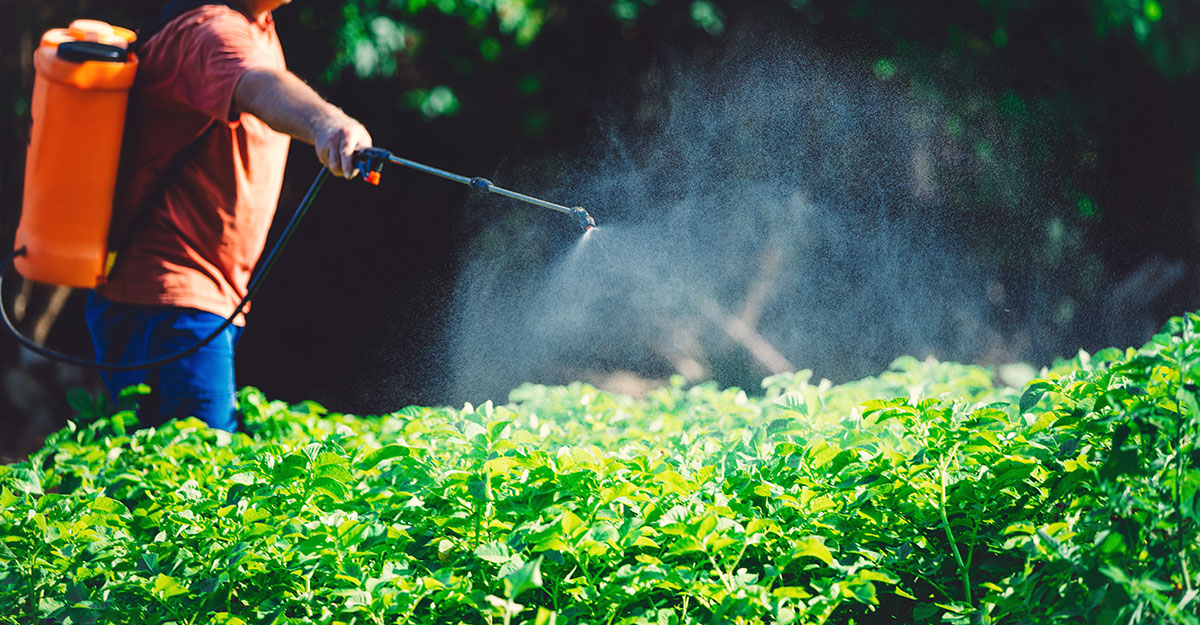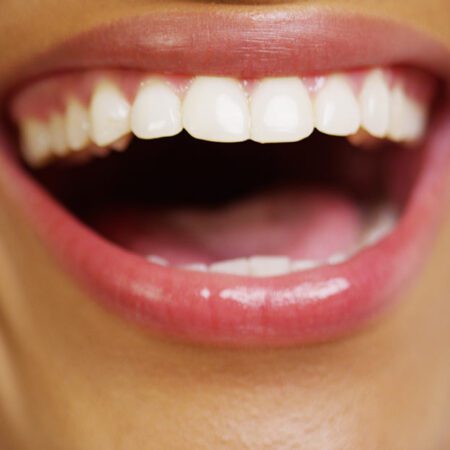Glyphosate (Roundup) Weed Killer & Your Health

Glyphosate: Why & How To Reduce Your Risk
If you’re a gardener, you may know about or use glyphosate, one of the world’s most effective and inexpensive weed killers. If glyphosate doesn’t sound familiar, you may have heard of Roundup, a common brand name for the herbicide.
Since it came on the market in the early 70s, the safety of this popular weed killer has been the subject of hot debate. While some studies have shown a link between glyphosate and many life-threatening diseases such as cancer, others show that the product is safe when used as directed.
Potential Health Risks of Glyphosate
As the debate continues, it’s good to be aware of some of the potential health risks that have been linked to glyphosate exposure. They include:
- Disruptions in the body’s hormone systems
- Reproductive and developmental issues
- Endocrine-disruption
- Celiac disease
- Leaky-gut syndrome
- Liver damage
- Kidney damage
- Non-Hodgkin’s lymphoma
- Other cancers
How Exposed Are You to Glyphosate?
If you use Roundup or another form of this weed killer in your garden, there are many potential avenues of exposure. For example, you may breathe it in, or the herbicide could enter your body through your eyes or skin.
Even if you aren’t a gardener, you’re likely encountering glyphosate daily through your food. When glyphosate came on the market, farmers all over the world began using it. It is used on genetically modified crops (GMOs) – plants that are specially designed to be resistant to it – as well as non-GMOs.
Throughout the past two decades, the use of glyphosate has grown significantly around the world. One study, published in the Journal of the American Medical Association, shows a 500% increase in the US alone.
How To Protect Yourself from Potential Health Risks Associated with Glyphosate
While opinions are mixed on glyphosate’s effect on human health, at Nature’s Link Wellness Center we think it’s a good idea to take a cautious approach. Here’s what you can do to protect yourself and your loved ones from the potential harmful effects of this herbicide:
- Buy organic when possible. You will have less exposure to glyphosate if you buy organic produce, but you won’t be eliminating your potential risk entirely. Glyphosate is not permitted for use with organic crops, but these plants can be exposed to it through neighboring fields of conventionally grown crops or through contamination at processing facilities.
- Familiarize yourself with the Clean 15 and the Dirty Dozen. Every year the non-profit Environmental Working Group releases a list of the fruits and vegetable with the least and most pesticide residue. These handy guides can help you make healthier choices when doing your food shopping. Make sure to check the new lists every year as farming practices and government regulations will affect what’s on them.
- Peel and wash all non-organic fruits and vegetables before cooking or eating. Although peeling and washing may not remove all traces of pesticides from your fruit and vegetables, it will help reduce the amount and thus your risk of exposure.
- Use Dr. Bonner’s all-natural soap for removing unsafe chemicals from food. Dr. Bronner’s is a 150-year-old soapmaking company. Their products are made with certified organic and fair-trade ingredients packaged in 100% post-consumer recycled plastic bottles. And the company donates all profits not needed for the business to progressive causes and charities. What’s not to like?! You can purchase your Dr. Bonner’s from Nature’s Link Wellness Center or at your local grocery or health food store.
- Cook at home as often as you can as it gives you more control over what you’re eating. Although we wish more restaurants would provide information on the food they serve, it doesn’t happen very often. That’s why it’s always better to prepare your own food when possible.
The Debate on Glyphosate Goes On
As scientists continue to debate the long-term health risks associated with exposure to glyphosate, we recommend that you take your health in your own hands. Use the steps above to help reduce your risk of exposure to this herbicide and other potentially harmful chemicals on your food.
At Nature’s Link Wellness Center, we believe that your health is one of your most precious resources. That’s why our mission is to help you discover natural ways to protect and improve your health through a balance of proper diet, hydration, fresh air, sunlight, exercise, and rest. We offer natural health consultations in Breaux Bridge, Lafayette, and the entire Acadiana area.
If you’re looking for a customized plan to improve your health using a combination of traditional and alternative techniques, give us a call on 337-332-2705 or reach us online for more information. We look forward to working with you!




